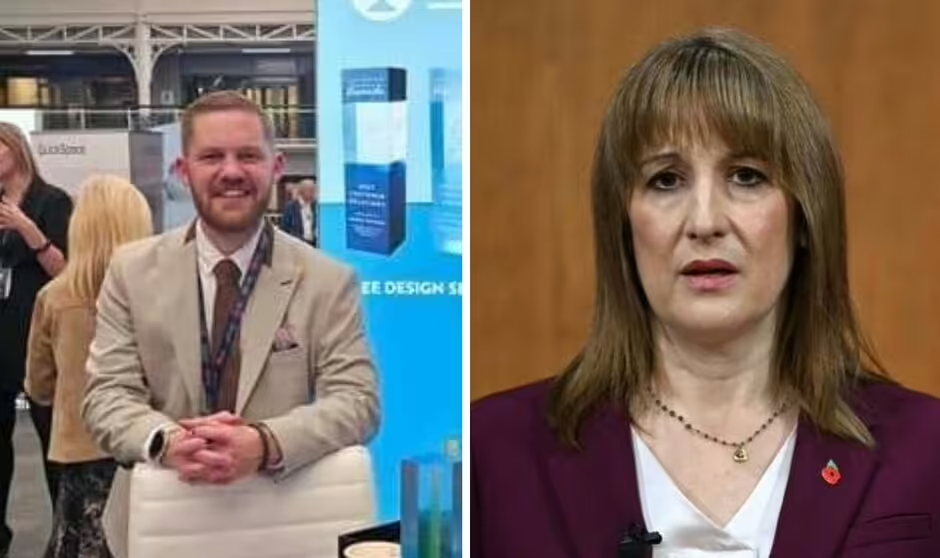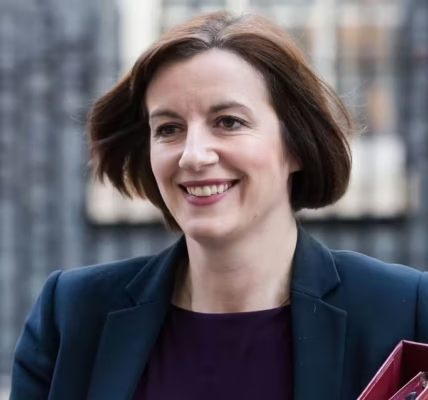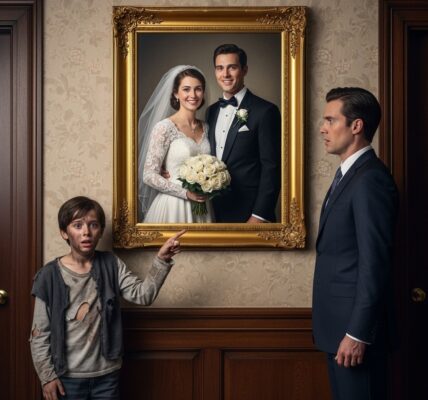Rachel Reeves ‘delusional’ over ‘hammer-blow’ budget measure says furious business boss

Rob Ferguson says he feels (Image: )
Small businesses are bracing themselves ahead of Rachel Reeves’ Budget on Wednesday, as owners feel “let down by Labour”. In her highly anticipated fiscal statement, the Chancellor is set to confirm a 4% increase to the National Living Wage, which is an increase from £12.21 to £12.70 an hour from April 2026. However, the government has been accused of “failing to appreciate the impact” their decisions have on SMEs, who are still reeling from the last Autumn statement.
Rob Ferguson, sales and production director of Aford Awards, a leading UK trophy and awards company, is furious that smaller businesses are “being pushed closer and closer to the edge of the cliff” for the third year in a row.
“The Government fails to appreciate just how much decisions like this affect small businesses such as ours,” he told the Express.

The Chancellor will unveil her annual Budget on Wednesday (Image: Getty)
“We’re already grappling with the impact of last year’s hike to the National Living Wage and the increase to employer National Insurance Contributions. We’re already struggling to keep apace with spiralling utility costs and trying to keep price inflation under control, so this is another hammer blow.”
Mr Ferguson added: “Rachel Reeves speaks of being a ‘pro-business Government’, but she must be delusional. Her decisions are hammering small businesses. We were nearly pushed off a cliff last year, and we’re having to pick up the burden yet again. We feel abandoned and deeply let down by Labour. I’m not sure how much longer we can cope with picking up the pieces.”
Employer National Insurance increased from 13.8% to 15% in April, with the threshold dropping from an annual salary of £9,100 to £5,000, meaning firms now pay a higher rate on more of an employee’s salary.
Ahead of her Budget tomorrow, Ms Reeves has warned that everyone will “have to contribute” to securing the country’s economic future, and speculation is rife over which taxes she may raise.
Kate Nicholls, who chairs UKHospitality, said: “Increases to minimum wage rates are yet another cost for hospitality businesses to balance, at a time when they are already being taxed out.
“These additional costs make action at the Budget to reduce hospitality’s tax burden even more important, especially if businesses are expected to sustain this level of annual wage increase.
“Hospitality businesses have reached their limit of absorbing seemingly endless additional costs. They will simply all be passed through to the consumer, ultimately fuelling inflation.”
If the hourly wage hike is confirmed on November 26, Brits working an average 37.5 hour week will be gaining an additional £19 a week, which is a whopping £988 a year. This means the average yearly salary for a 40-hour week would rise from £25,376 to £26,416.
Jane Gratton, deputy director of public policy at the British Chambers of Commerce, added: “People are at the heart of every thriving business, and employers want to ensure their workforce is happy, engaged and well paid.
“However, every above-inflation wage increase leads to higher business costs, lower investment and fewer opportunities for individuals. Making employment more expensive risks deepening the jobs crisis among young people.
“There’s a limit to how much additional cost employers can bear without something having to give.
“With unemployment rising, the Government needs to use tomorrow’s Budget to ease cost pressures for business. Crucially, there must be no new tax increases for businesses.”




